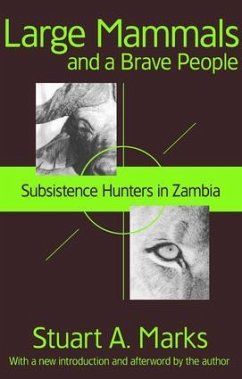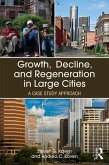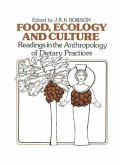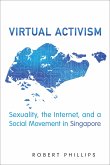The Valley Bisa people inhabit the Luangwa Valley in central Zambia. Among them, the hunter, who tracks such large game as the lion, elephant, and buffalo, commands great respect and esteem from the other members of the lineage who traditionally rely on him for their subsistence and protection. Although the social organization and technology of the Bisa people have undergone tremendous change in the last one hundred years, the role of hunter retains its social importance, and the legitimizing hunting rituals have their roots in local history. Drawing on data collected during his fieldwork among the Bisa continuing since the 1960s, Stuart Marks describes the changes that have occurred in hunting patterns, the sociological variables that govern an individual's decision to become a hunter, and the common cosmological convictions that hunters bring to their profession. Available for the first time in paperback, the new introduction and afterword to this edition reflect on methodological and ideological changes in the anthropological study of African peoples as well as updating the circumstances of the Bisa people since the book's first appearance in 1976. Through the interventions of the larger national society the Bisa have lost much of their land and access to important portions of their resources while experiencing repression in their struggles to maintain livelihoods with what local assets are left. Nevertheless, Marks notes that they face their hardships with tolerance, integrity, persistence, and humility. The general reader, as well as prehistorians and anthropologists concerned with human evolution and hunting societies, will find this volume useful. It will also be of interest to wildlife managers and ecologists.
Hinweis: Dieser Artikel kann nur an eine deutsche Lieferadresse ausgeliefert werden.
Hinweis: Dieser Artikel kann nur an eine deutsche Lieferadresse ausgeliefert werden.








